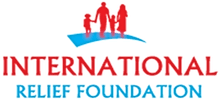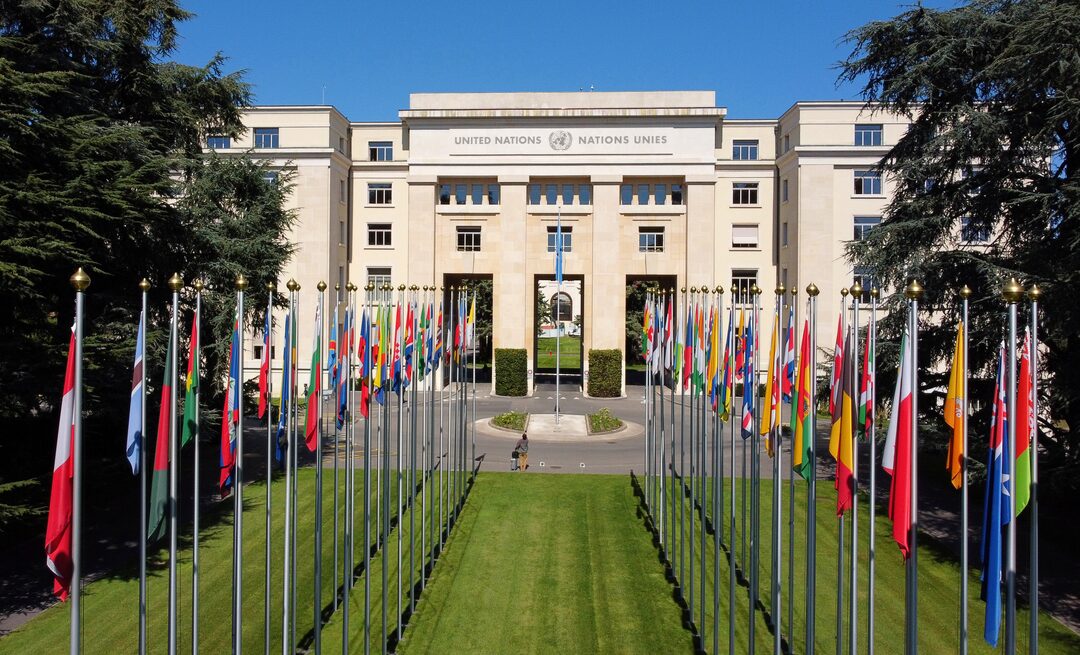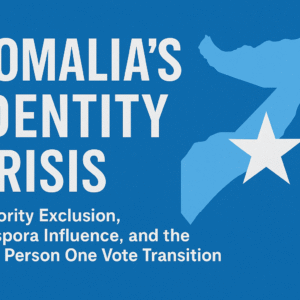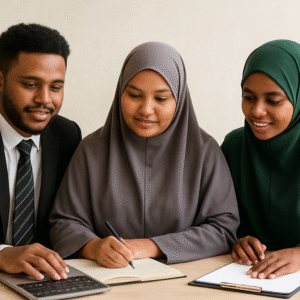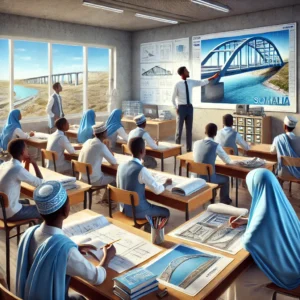In Somalia, several minority groups are facing significant challenges and enduring discrimination daily. Groups such as the Banadiri, Bravanese, Bantu, Bajuni, Eyle, Galgala, Tumaal, Yibir, and Gabooye live in conditions of poverty, with limited access to humanitarian aid compared to other clans.
These marginalized communities not only face social segregation and economic deprivation but also encounter political manipulation that systematically excludes them from government positions. Even when some individuals from these minority groups manage to acquire positions of power, they often lack the ability to advocate for their communities effectively.
It was a significant milestone for the International Relief Foundation (IRF) to participate in the two-day conference at the sixteenth session of the United Nations Forum on Minority Issues in Geneva. Our presence and contribution were not only valuable but also underscored the crucial role of IRF in advocating for minority rights of the Somali minority communities.
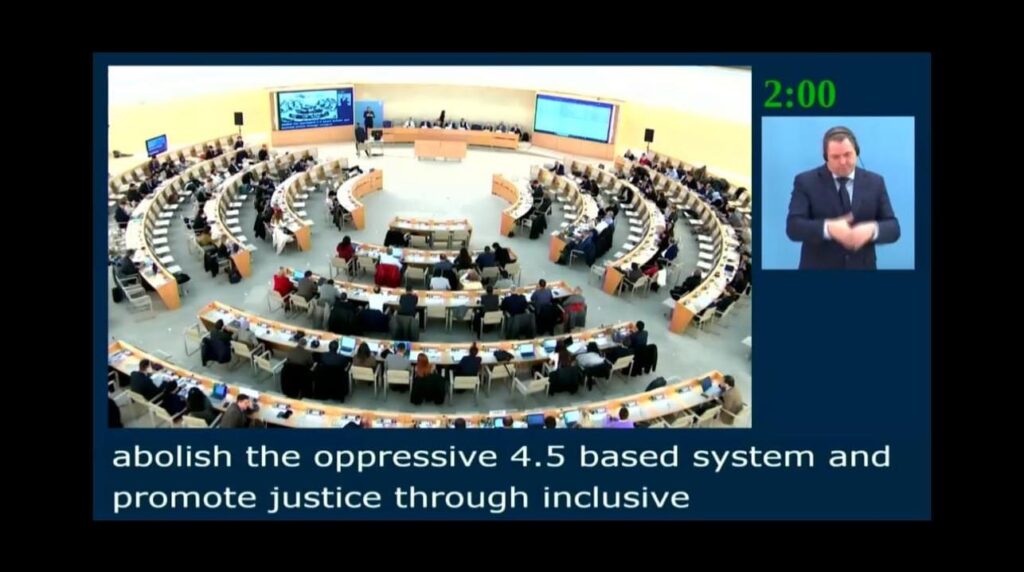
The 16th session of the Forum took place at the Palais des Nations in Geneva, Switzerland, on 30 November and 1 December 2023. It focused on “Minorities and Cohesive Societies: Equality, Social Inclusion, and Socio-economic Participation.” The Forum was attended by over 500 participants representing Members of States, UN agencies, academic institutions, civil society, nongovernmental organizations (NGOs) and minority organizations worldwide. The overall aim of the Forum was to tackle the multiple challenges faced by minority communities worldwide, focusing on strengthening their socio-economic participation and ensuring equality and social inclusion aligned with the Sustainable Development Goals (SDGs).
The Chief Executive of IRF, Mr. Hamza Sharif Mohammed, had the opportunity to address the assembly during session 3 of the Forum. His intervention highlighted the systematic discrimination driven by a 4.5 clan-based system government and pressing issues presently faced by the entire ethnic minority communities in Somalia, particularly the Bravanese and Banadiri ethnic minorities.
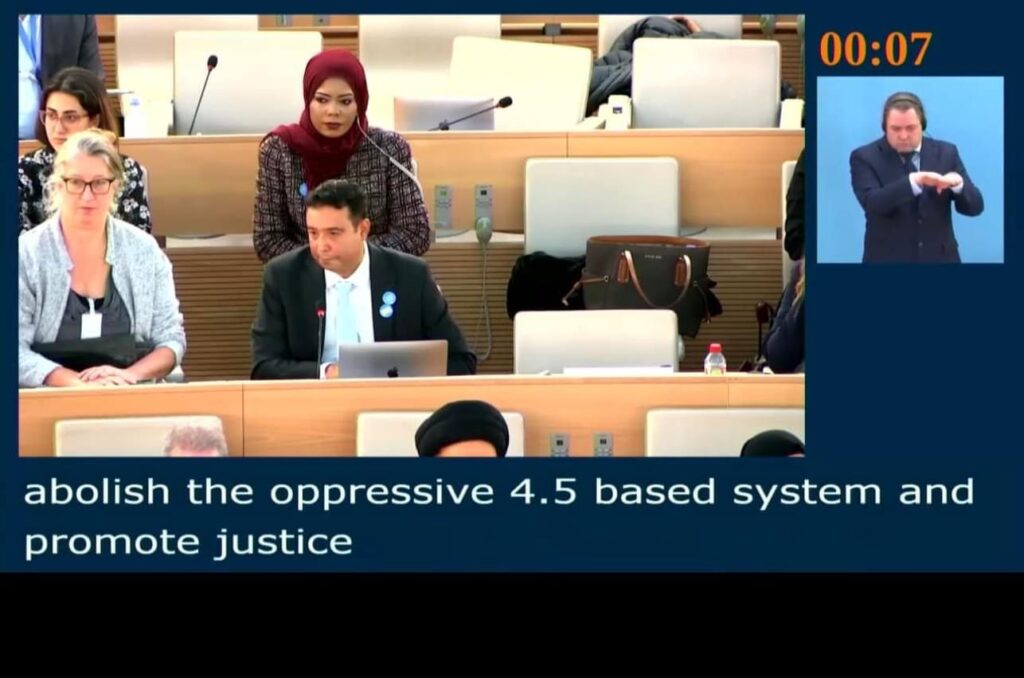
Mr Mohammed’s powerful and timely speech was hugely appreciated by the marginalised and minority communities in Somalia, particularly the Bantu, Banadiri and Bravanese, who felt thrilled to be represented at the highest level. As some community leaders and politicians said, it’s the first time in the Bravanese and Banadiri communities that their concerns have reached that level. The video clip went viral on social media, was viewed by over 7000 people, and was shared over 500 times.
The speech attracted members of Somali society who are against oppression and injustice, including politicians and prominent members of the current government, federal and state level officials, and parliamentarians; some were watching the event live on UN Web TV. Furthermore, the speech was appreciated and gained much attention in the minority community. It attracted great members of the ethnic minority societies, including senior politicians, community leaders, women, and youth. It has shaped a positive move by creating a confident dialogue amongst the Bantu, Bravanese and Banadari minority communities.
The following quotation was taken from the speech delivered in person by Mr Hamza Mohammed,
In Somalia, various minority groups face significant challenges, including Bantu Bravenese, Banadiri, Bajuni, Eyle, Galgala, Tumaal, Yibir, and Gabooye. They live in conditions of poverty, with no access to humanitarian aid, unlike other clans. Enduring discrimination and exclusion. Social segregation, economic deprivation, and political manipulation systematically exclude them from government positions. Even those in power cannot often advocate for their communities.
the full version of which can be found here starting at 01:43:42
Accordingly, we propose the following recommendations:
- To abolish the oppressive 4.5 clan-base system
- Promote an inclusive democratic governance system
Leading up to the Forum, Minority Rights Group International (MRG) offered comprehensive support to its members wishing to participate. This included conducting several member trainings that served dual purposes: to educate members about the Forum and effective engagement strategies and to provide a platform for members to share their perspectives related to this year’s theme. This ensured that the organization adequately represented all its members during the event.
The IRF was honoured to be invited and be one of the members who were able to attend Geneva and work for the interests of those who could not. We are deeply grateful to all Minority Rights Group International teams for their dedication and commitment.
Special thanks go to Claire Thomas, the Co-Executive Director of Minority Rights Group International, for giving us this opportunity to present our case to the United Nations.
